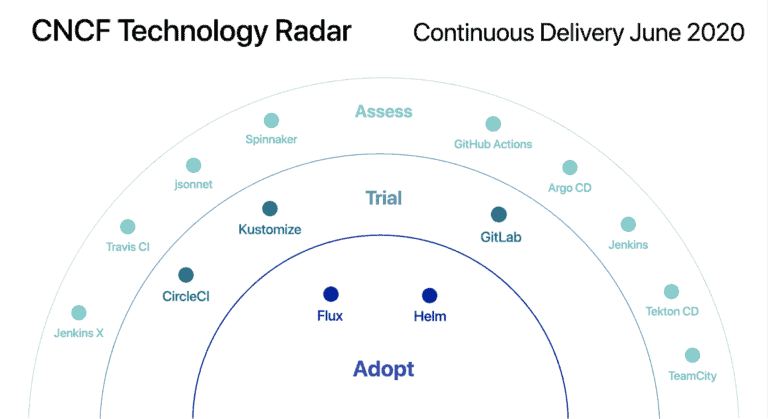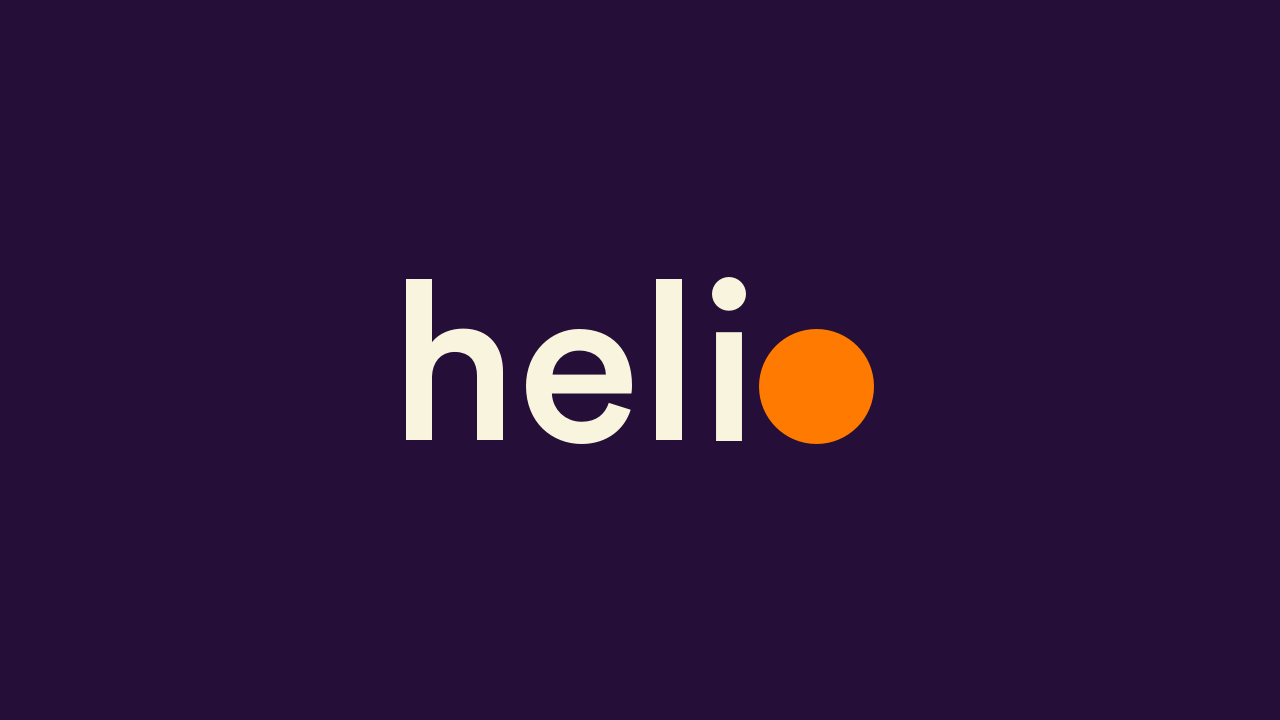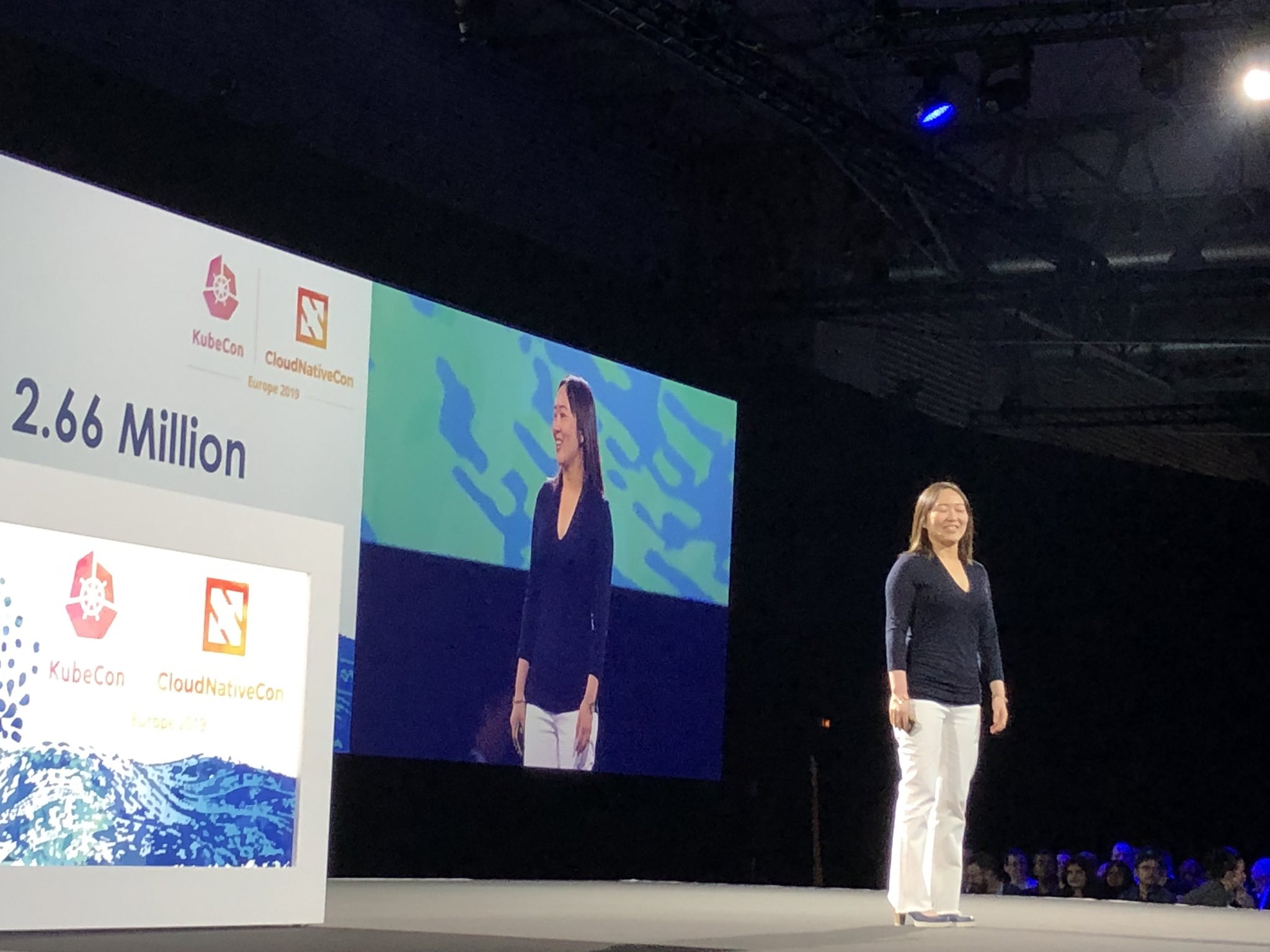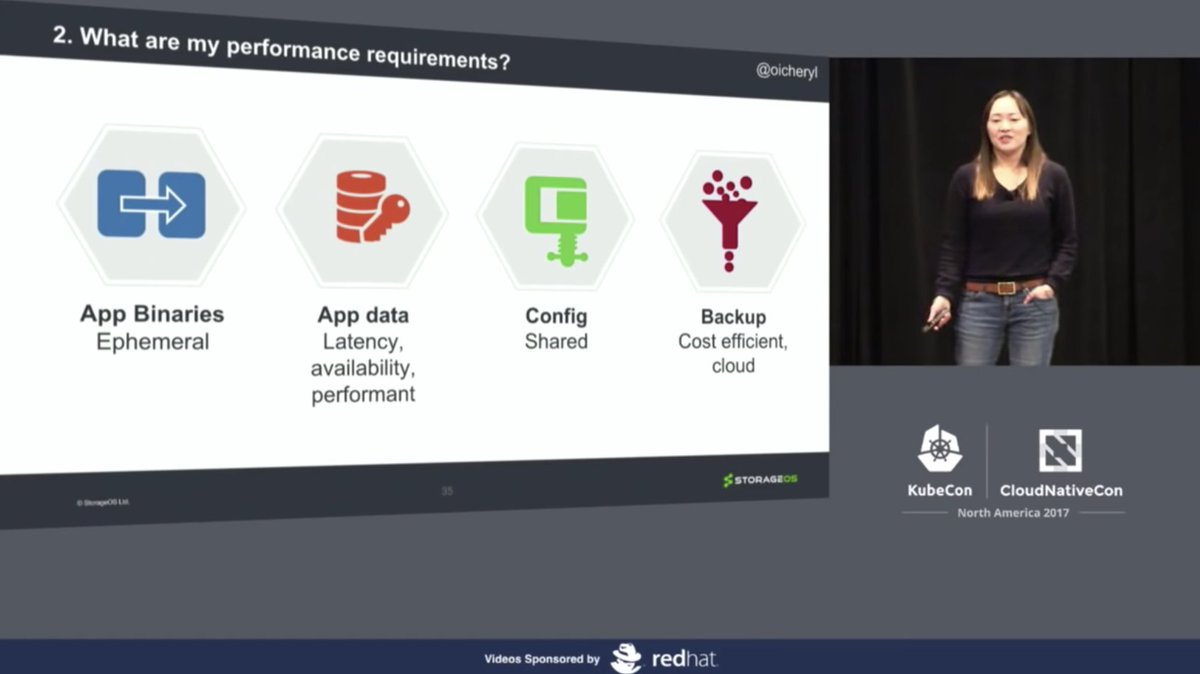Persistent Storage for Kubernetes in production - Which solution and why? - Container Days
-
There is no such thing as a stateless architecture!
-
The eight principles of cloud native storage are: Application-centric, platform agnostic, declarative and composable, API-driven, natively secure, agile, performant and consistently available.
-
StorageOS can help provide highly-available persistent data volumes with Kubernetes.
I spoke at ContainerDays Hamburg on “Persistent Storage for Kubernetes in production - Which solution and why?”.
Persistent storage often seems like a confusing plethora of options, from local volumes, NFS, distributed storage like Ceph, cloud storage such as AWS’s EBS and S3, to volume plugins with Docker and Kubernetes integration. This talk compares and contrasts the most popular solutions, and lays out the eight principles for cloud native storage.
Thanks @ConDaysEU #CDS18 for hosting me at ContainerDays, Hamburg! My slides are at https://t.co/5hbcgpLek1. pic.twitter.com/JVrqzdNcXo
— Cheryl J. Hung (@oicheryl) June 19, 2018
#CloudNative storage should be primarily accessible from the application, not from the operating system, nor the hypervisor — @Storage_OS @oicheryl’s “8 Principles of Cloud Native Storage” #CDS18 #Kubernetes pic.twitter.com/rO015JDWut
— The New Stack (@thenewstack) June 19, 2018
Which storage solution and why? And why do I feel @oicheryl already got something for me? 😆 #CDS18 pic.twitter.com/AHS8tq4QBz
— Patrick Stegmann (@wonderb0lt) June 19, 2018
Nice talk, good takeaways on storage high availability by @oicheryl #CDS18 pic.twitter.com/KvfyEgYUbR
— Patrick Stegmann (@wonderb0lt) June 19, 2018
Which are the most popular storage solutions? @oicheryl has the answers. #CDS18 #CloudNative pic.twitter.com/WA1zXHLqRu
— XALT GmbH (@xaltbc) June 19, 2018
- Summary
- Slides





